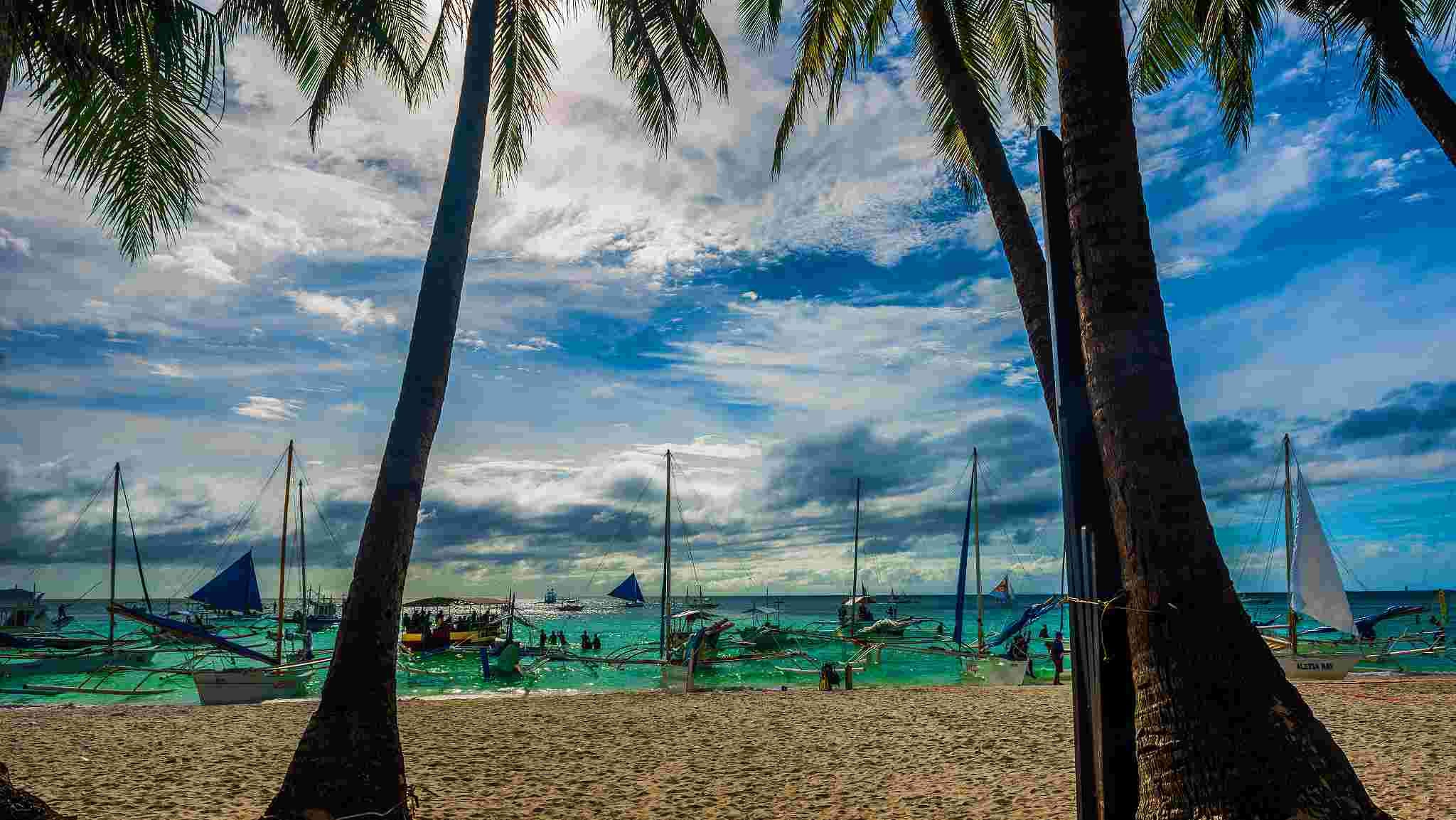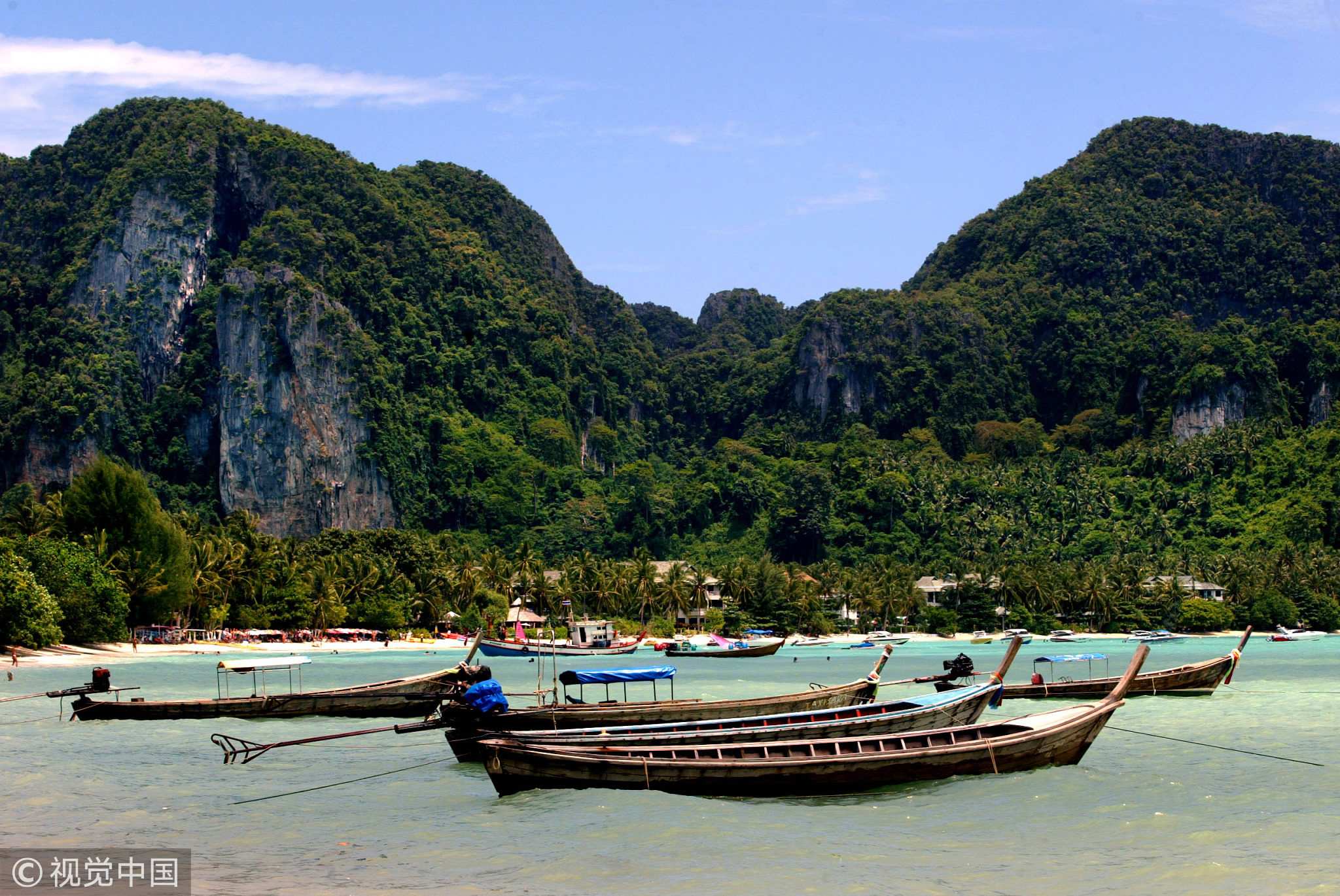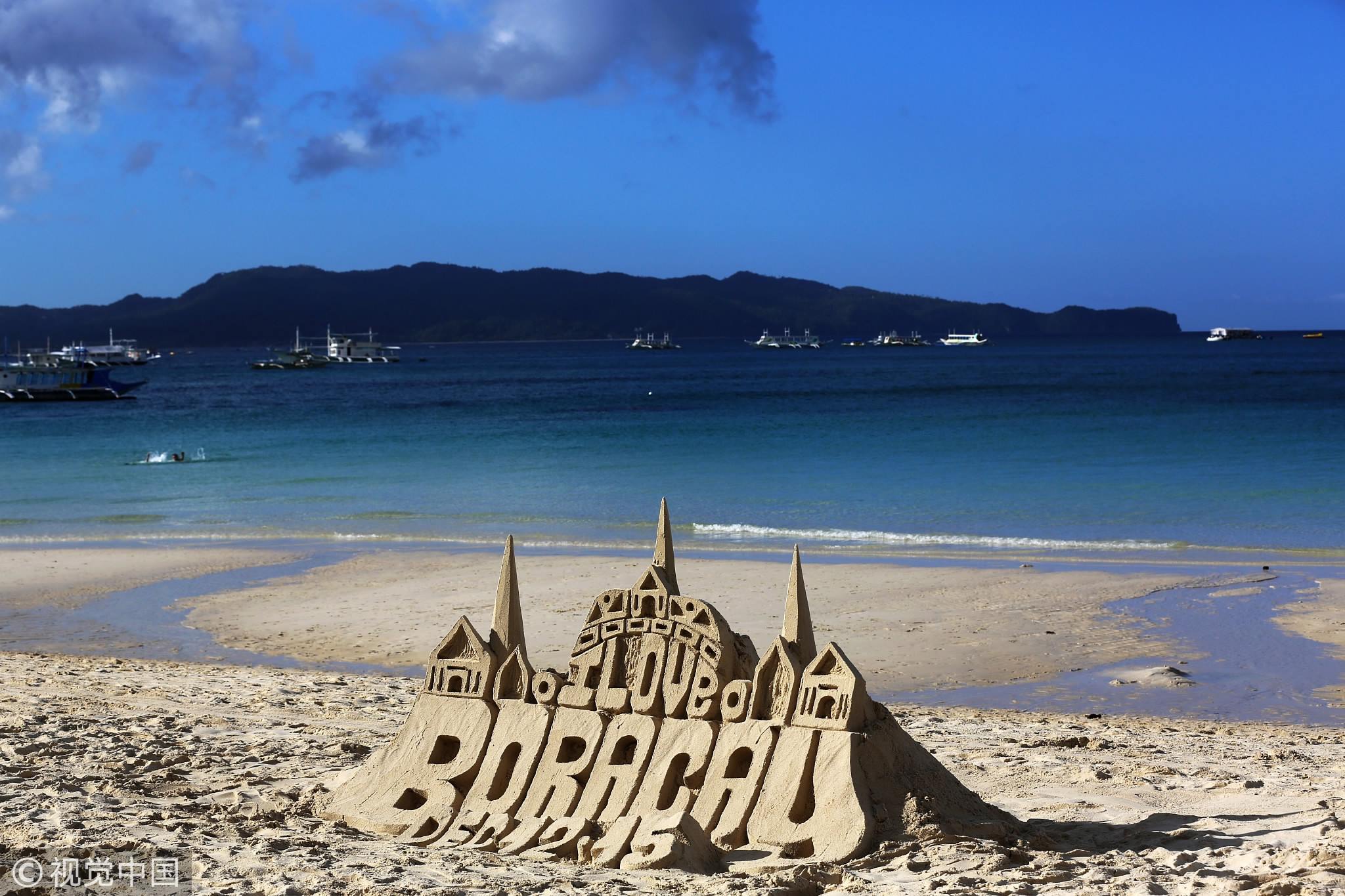
World
17:19, 29-Mar-2018
Trouble in paradise: Southeast Asian beaches to close to recover from environmental damage and overtourism
April Espejo

Ready to hit the beach this summer? You might want to check your itinerary again as more Southeast Asian islands will be shutting to tourists to allow them to have natural recovery from various environmental damage.
Boracay island in central Philippines famous for its white-sand beaches and voted as the Best Island in the World by Conde Nast Traveler last year, was slammed as a “cesspool” by President Rodrigo Duterte. Heads of various state agencies proposed a six-month closure at the end of April “to allow for, among other things, solid waste management facilities to be installed”.
Thailand’s Maya Bay, found on the island of Koh Phi Phi, will also take a break from tourists from June to September to allow natural rehabilitation of coral reefs damaged by boats and tourists.
“Islands have very fragile eco-systems that simply cannot handle so many people, pollution from boats and beachfront hotels,” said Thon Thamrongnawasawat, a marine expert in Bangkok.
“Coral reefs have been degraded by warmer seas and overcrowding. Sometimes, a complete closure is the only way for nature to heal,” he told the Thomson Reuters Foundation.
Sustainable tourism

In this photograph taken on July 24, 2002, traditional long-tail boats used to ferry tourists are moored at a beach on the Thai island of Koh Phi Phi in southern Thailand. ./VCG Photo
In this photograph taken on July 24, 2002, traditional long-tail boats used to ferry tourists are moored at a beach on the Thai island of Koh Phi Phi in southern Thailand. ./VCG Photo
Maya Bay experienced a huge surge in visitors thanks to the 2000 film "The Beach" starring Leonardo DiCaprio. The beach receives an average of 200 boats and 4,000 visitors each day.
It is the latest spot in Thailand to face temporary closure because of the damaging effects of mass tourism. Authorities have previously banned tourists from parts of the popular Koh Kai islands and Koh Tachai.
More than three-quarters of Thailand’s coral reefs have been damaged by rising sea temperatures, and unchecked tourism. Thon said the ideal solution would be to permanently close the damaged islands to tourists, but the country’s reliance on tourism makes this impossible. He then recommended a more sustainable approach, limiting visitors to Thailand’s 22 marine parks to six million a year to enable their recovery.
The number of visitors the beach has been seeing is unsustainable, and a temporary closure is better than nothing, Thon said.
“If you ask me if it is too late to save our islands, the answer is no. But if we don’t do something today, it will be too late,” said Thanya Netithammakum, head of the National Parks and Wildlife Department, in an interview with the Associated Press.
After the three-month shutdown, the department said it will only allow 2,000 tourists per day and boats will have to dock on the opposite side of the island at floating piers.
After the announcement of Boracay’s possible closure, authorities have not yet seen a decline in tourist arrivals. However, it will be expected to drop next month as cancellations of bookings have already increased.
Tourist arrivals for the first two months of this year reached 375,993, higher than the 344,026 recorded in the same period in 2017, based on data from the Malay municipal tourism office, as reported by the Philippine Daily Inquirer.
Tourism vs livelihoods

Boracay Island, Philippines. /VCG Photo
Boracay Island, Philippines. /VCG Photo
Southeast Asia is expected to bear the brunt of rising damage to coral reefs, depriving fishermen of incomes and leaving nations exposed to incoming storms and damage from surging seas, recent research showed.
In the Philippines, which is among the most vulnerable to climate change, about two million people visited Boracay last year.
On a visit last month, Duterte called the island a "cesspool" because of sewage dumped directly into the sea, and warned of a looming environmental disaster with buildings constructed too close to the shore.
With the looming closure of the island, tour operators say more than 36,000 jobs are at stake.
"We support the government in adopting responsible and sustainable tourism practices, but not in shutting down the whole island," the Philippine Travel Agencies Association said.
But Thailand's Thon warned against short-term fixes.
"Tourism is important, but we need to preserve these spaces for our future generations, for future livelihoods," he said.
(With input from agencies)

SITEMAP
Copyright © 2018 CGTN. Beijing ICP prepared NO.16065310-3
Copyright © 2018 CGTN. Beijing ICP prepared NO.16065310-3